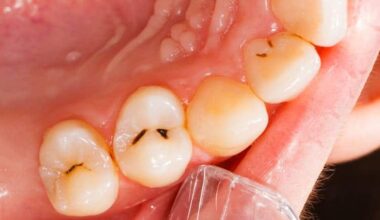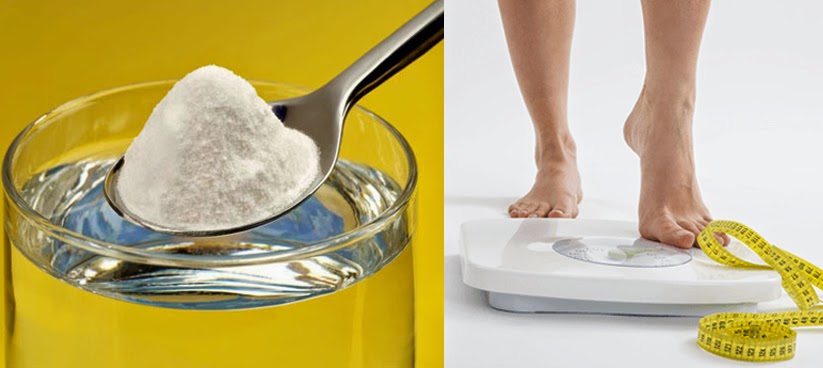High blood sugar, or hyperglycemia, is linked to diabetes, a serious health condition that can lead to heart problems, strokes, and kidney issues.
This happens when your body can’t make sufficient insulin or use it properly. The Centers for Disease Control and Prevention reports that about 13% of all Americans, and 25% of those aged 65 or older, are affected by this.
The good news is, there are easy ways to naturally lower your blood sugar levels:
What is High Blood Sugar
High blood sugar, also known as hyperglycemia, occurs when there is an abnormally elevated level of glucose (sugar) in the bloodstream. Glucose is the body’s primary source of energy, and it comes from the food we eat. However, for glucose to enter cells and be used as energy, insulin, a hormone produced by the pancreas, is required. In people with diabetes or those at risk of diabetes, the body either does not produce enough insulin or cannot effectively use the insulin it produces. This leads to an accumulation of glucose in the blood, resulting in high blood sugar levels.
High blood sugar is a hallmark of diabetes, a chronic condition characterized by either insufficient insulin production (Type 1 diabetes) or the body’s inability to use insulin properly (Type 2 diabetes). However, high blood sugar can also occur in individuals who do not have diabetes due to factors such as stress, illness, certain medications, hormonal disorders, or a diet high in sugary foods and carbohydrates.
What Causes High Blood Sugar
High blood sugar, or hyperglycemia, can be caused by various factors, primarily related to problems with insulin, the hormone responsible for regulating blood sugar levels. Here are some common causes:
- Diabetes: The most common cause of high blood sugar is diabetes. In Type 1 diabetes, the body doesn’t produce insulin, while in Type 2 diabetes, the body doesn’t use insulin effectively. Without enough insulin or when insulin isn’t working properly, glucose can’t enter cells for energy, leading to high blood sugar levels.
- Poor Diet: Consuming a diet high in sugary foods, refined carbohydrates, and unhealthy fats can lead to spikes in blood sugar levels. These foods are rapidly converted to glucose in the body, causing a quick rise in blood sugar.
- Lack of Physical Activity: Regular physical activity helps cells use glucose for energy. Without exercise, cells become more insulin-resistant, leading to higher blood sugar levels.
- Stress: Stress hormones can cause blood sugar levels to rise. This is a natural response to stress, but chronic stress can lead to persistently elevated blood sugar levels.
- Illness or Infection: When the body is under stress due to illness or infection, it releases hormones that can raise blood sugar levels. People with diabetes often experience higher blood sugar during illness.
- Certain Medications: Some medications, like certain steroids, can cause insulin resistance, leading to elevated blood sugar levels.
- Insulin Resistance: In Type 2 diabetes, the body’s cells become resistant to the effects of insulin. To compensate, the pancreas produces more insulin, but eventually, it can’t keep up, leading to high blood sugar levels.
- Hormonal Disorders: Conditions like polycystic ovary syndrome (PCOS) and Cushing’s syndrome can cause insulin resistance and lead to high blood sugar.
- Lack of Sleep: Poor sleep patterns and lack of sleep can affect insulin sensitivity, leading to higher blood sugar levels.
- Genetics: Family history and genetics can play a role in a person’s risk of developing diabetes and high blood sugar levels.
Easy Ways to Lower Blood Sugar Levels Naturally
Managing blood sugar levels is crucial for overall health, especially for those with diabetes or those at risk of developing the condition. Here are 15 ways to naturally lower blood sugar levels:
- Regular Exercise: Engage in physical activities like walking, jogging, swimming, or cycling. Exercise helps your body use insulin more effectively and can lower blood sugar levels.
- Healthy Diet: Focus on a balanced diet that includes whole grains, fruits, vegetables, lean proteins, and healthy fats. Avoid sugary foods and beverages, refined carbohydrates, and excessive intake of processed foods.
- Portion Control: Watch your portion sizes to avoid overeating. Even healthy foods can cause a spike in blood sugar levels if consumed excessively.
- Stay Hydrated: Drink plenty of water throughout the day. Dehydration can affect blood sugar levels, so it’s important to stay well-hydrated.
- Fiber-Rich Foods: Include fiber in your diet through fruits, vegetables, whole grains, and legumes. Fiber slows down the digestion of carbohydrates, preventing rapid spikes in blood sugar.
- Limit Alcohol Consumption: Alcohol can cause blood sugar levels to rise or fall unpredictably. If you choose to drink, do so in moderation and always with food.
- Stress Management: Chronic stress can elevate blood sugar levels. Practice relaxation techniques such as yoga, meditation, deep breathing, or hobbies to reduce stress.
- Adequate Sleep: Lack of sleep can disrupt insulin sensitivity and lead to higher blood sugar levels. Aim for 7-9 hours of quality sleep each night.
- Regular Monitoring: Keep track of your blood sugar levels regularly to understand how your body responds to different foods and activities.
- Healthy Fats: Include sources of healthy fats, such as avocados, nuts, seeds, and olive oil, in your diet. These fats can improve insulin sensitivity.
- Apple Cider Vinegar: Some studies suggest that apple cider vinegar may improve insulin sensitivity and lower blood sugar levels after meals. Consult your healthcare provider before trying this.
- Cinnamon Supplements: Cinnamon has been shown to lower blood sugar levels and improve insulin sensitivity. Consider adding cinnamon supplements to your diet after consulting your doctor.
- Green Tea: Green tea contains antioxidants that may help improve insulin sensitivity and reduce blood sugar levels. It’s a healthier alternative to sugary beverages.
- Proper Medication Management: If you have been prescribed medication for diabetes, take it as directed by your healthcare provider. Follow the recommended dosage and timing.
- Regular Medical Check-ups: Schedule regular check-ups with your healthcare provider. They can monitor your blood sugar levels, provide guidance, and adjust your treatment plan if necessary.
Always consult your healthcare provider or a registered dietitian before making significant changes to your diet or lifestyle, especially if you have diabetes or other underlying health conditions. They can provide personalized advice tailored to your specific needs.






